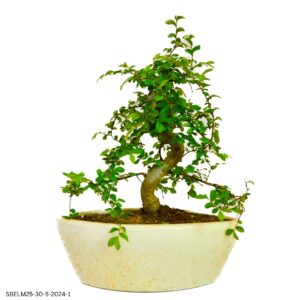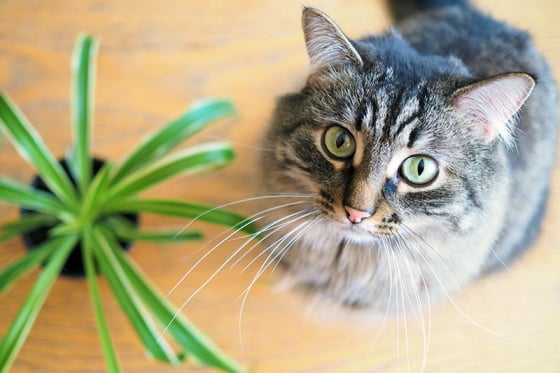
Are spider plants toxic to cats? As the owner of both, the question bugged me many times before finding the answer. I have been a plant parent for years and adopted a little kitten as I grew older. Not going to lie but I got a little jealous when the kitten was more drawn toward her green brothers than me. Most notably I would always find her near my spider plant, nibbling on the tree. After some time I noticed some of my spider plant’s leaves were eaten out and in no time I caught the culprit in the act.
I had read somewhere before that plants can be toxic to both cats and dogs. So I was scared and decided to consult with other pet parents and vets.
I accumulated all the information I got from them like are spider plants toxic to cats? why do cats like this particular plant so much? how to prevent them? and what are the alternatives?
I will cover all these queries in this article so that your kitty and plants can co-live happily in your house.
Are spider plants toxic to cats?
Fortunately, the American Society for the Prevention of Cruelty to Animals (ASPCA) stated that spider plants are non-toxic to house pets. So to answer the question are spider plants toxic to cats, it’s no, they are not, but that doesn’t mean you can let your pets munch on the plant any time they want.
Even though they are not highly toxic, a large number of vegetation consumption is not meant for cats. Mild effects like stomach upset, and vomiting can happen if they consume the tree in large amounts.
Spider plants have also proven to have hallucinogenic components in their leaves and create hallucinogenic effects on cats. It is sure harmless but still has some effects.
Spider plants can have harmful properties through the fertilizer or insecticides you have used. But just like humans, the effects of the tree can be different for different cats.
Why do cats like spider plants?
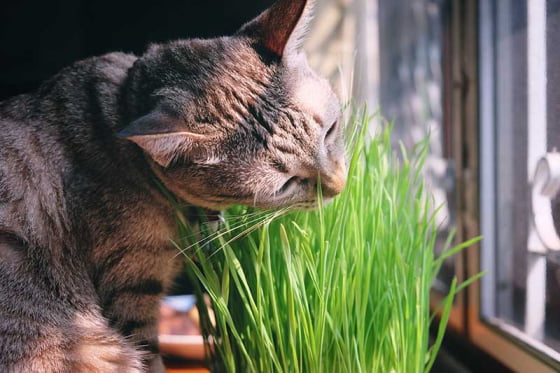
Cats are invested in your spider plant for many reasons. Before exploring the other reasons, let’s go through with the scientific reason first.
A study showed in 2019 that household cats devour foliage as a holdover from when their predecessors had to handle regular infestations of parasitic worms. The indigestible grass or other green matter aided in cleansing parasites from their digestive tracts.
Stray cats can be seen nibbling on the grass outside and as your cat is held inside most of the time and is not able to access grass outdoors, he may see the spider plant as a readily available option to grass.
Other than that, if you are a cat owner like me, you have purchased cat toys that look like snakes with a tuft on the end. Imagine the leaves from the point of a cat’s eyes and you will notice how similar they look. When your plant grows these nodes, it is no wonder your cat likes to wrestle it around and even munch down on it out of playfulness.
While spider plants do contain a mild smell, it is hardly evident to humans, but even if cats catch the odor more than we do, that’s not what draws them to these plants. The chemicals in spider plants create an effect that is identical to catnip, which simulates your cat’s fixation and compulsive behavior.
How do you prevent your cats from eating spider plants?
There are a few options available to keep your furry friends away from biting your spider plant.
- Observe your cat’s nature, if they are staying indoors most of the time place your spider plant outdoors. It won’t matter precisely where they live outside, because your cat won’t be able to reach the plants if they’re outdoors of your house.
- You can make or buy a harmless potion and spray it on the plants. The potion should be bad in taste for the cats. Not only the cats but the potion should be nontoxic to your feline friends as well. It’s fairly effortless to find over-the-counter pet sprays that are intended particularly to keep pets away from spider plants. They’re constructed from non-toxic components.
As an alternative option, you can always mix 1 part vinegar with 3 parts water and sprinkle entirely on the leaves of your plant. Your cat won’t be enticed to chomp and the remedy won’t damage your plant.
- Felines are extremely, sensitive to smell. One of the most useful ways to save them from nibbling, trolling, and otherwise playing with your plant is to make them smell yucky. There are numerous natural methods to do this: Cats hate the aroma of citrus, for example, so try tossing a lemon peel or two into the soil of your plants. You could also spread cayenne pepper near a plant.
- Hang the spider plants as high up as you can. They can jump and catch the plant, but the possibilities are good that your cats will leave them unattended most of the time. You can also prune the plants so that they don’t wilt and become even more of a lure for your cats.
What to do when your cat has ingested a spider plant?
Even with the finest of attempts, it is imaginable for your cats to consume your spider plants anyhow, no matter how hard you’ve attempted to keep them out of the plants.
It is more likely to occur when you’ve got a fresh plant – or a new cat – in your home. young cats are more curious than mature ones. You can’t protect your cats 24/7, but you can do what you can to keep them out from your spider and other potentially poisonous plants.
When that doesn’t work well, the primary thing you have to recall is that immediate action is necessary. Once you discover your cat has consumed your spider plants, you should watch their manners to notice any gut issues they are facing.
If so, the cat requires to be inspected by a veterinarian or clinic right away, so that it can get the medical remedy it requires quickly.
Safer plant options for cats:
True Palms:
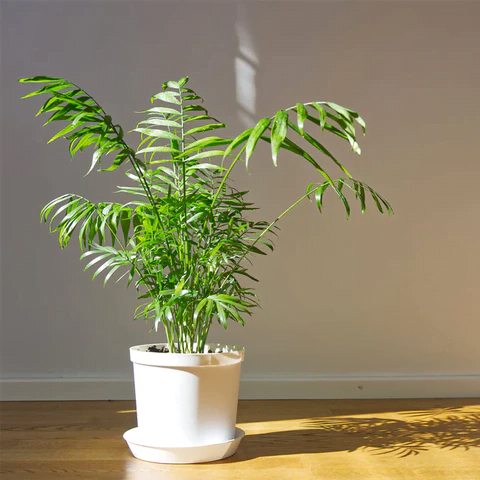
All true palms are safe for cats. But palms like Cycas and Zamia species are not safe for them.
Burro’s Tail:
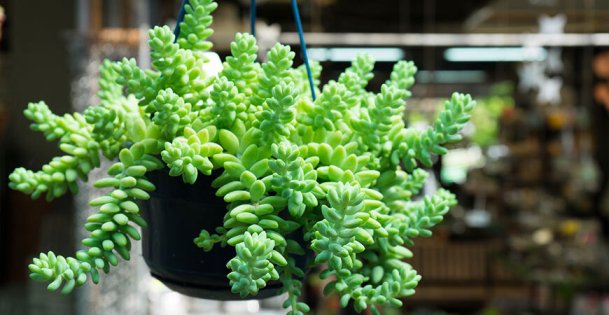
These plants have grape-like foliage and make great hanging basket plants. They are believed to be safer than spider plants.
Swedish Ivy:
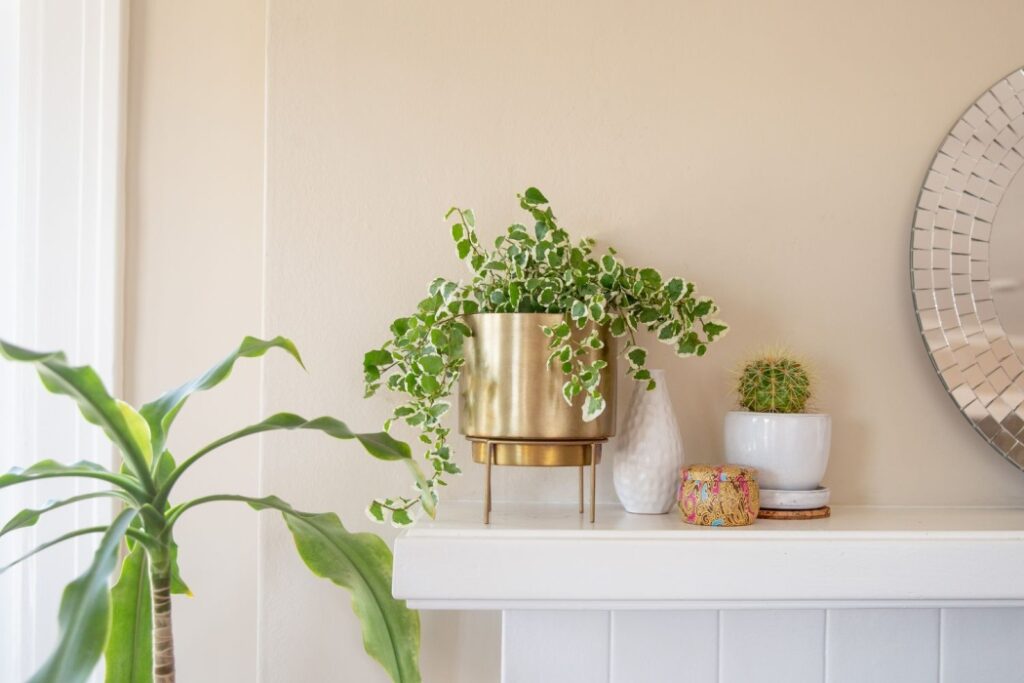
Inspect the type of ivy before taking it home. English ivy and devil’s ivy are poisonous, but Swedish ivy is non-toxic and low maintenance.
Safer plant options that look like spider plants:
Japanese Sedge Plant:
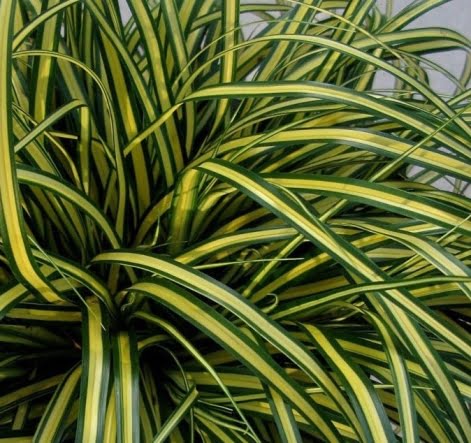
This sedge carex grass is not poisonous to cats and other animals.
Pandanus Plant:
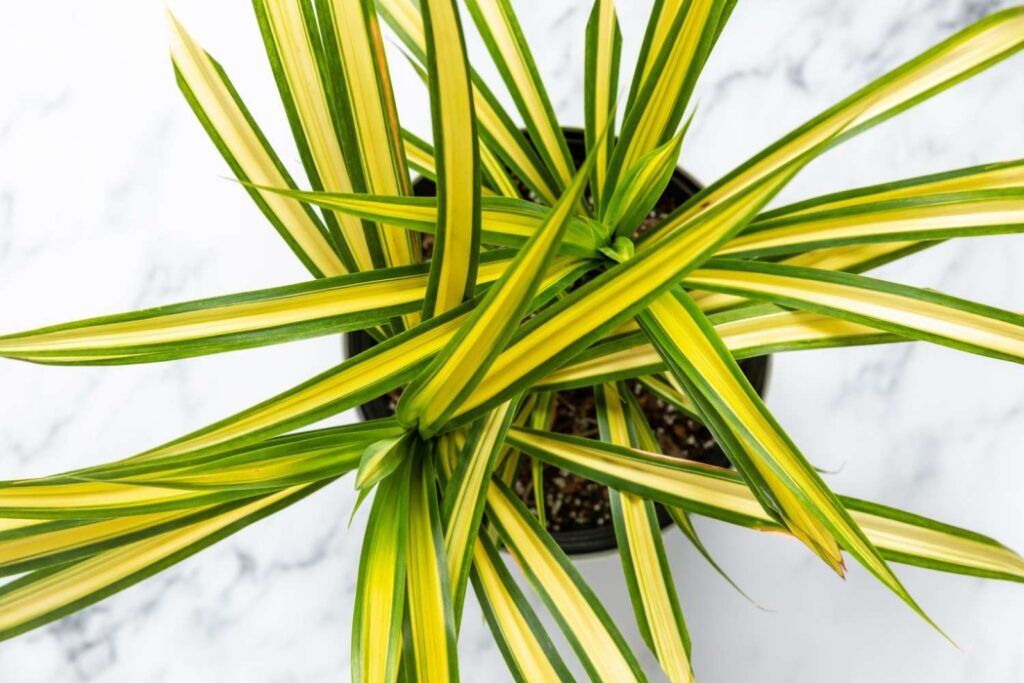
The sweet and delicate pandan leaves are among cats’ ultimate favored plants to nibble on. A well-cared-for pandan expands quickly and self-propagates within months, so your cat can have a lot to chew on.
Conclusion:
The controversy encircling the query of ‘Are spider plants toxic to cats?’ has generated quite a fuss among pet parents. But after getting into the topic, I hope you can put your concerns about eating spider plants to rest. So, next time you hear somebody speak about spider plant toxicity, just understand it’s not true. The fact is, your cat poses more threats to your spider plant than vice versa. So if you manage to keep them away from your plant, you can gracefully cultivate your spider plant as they are one of the best air purifying plants out there.

